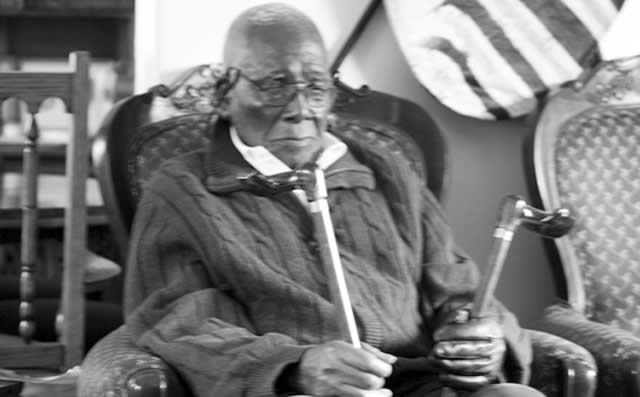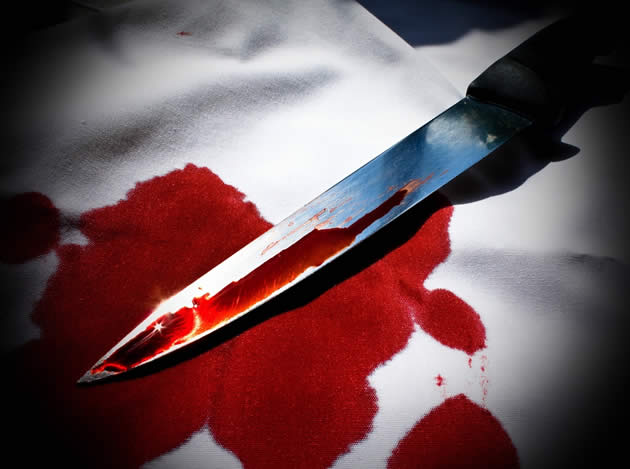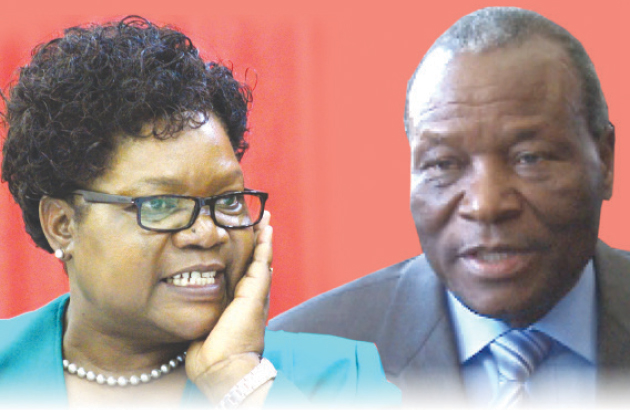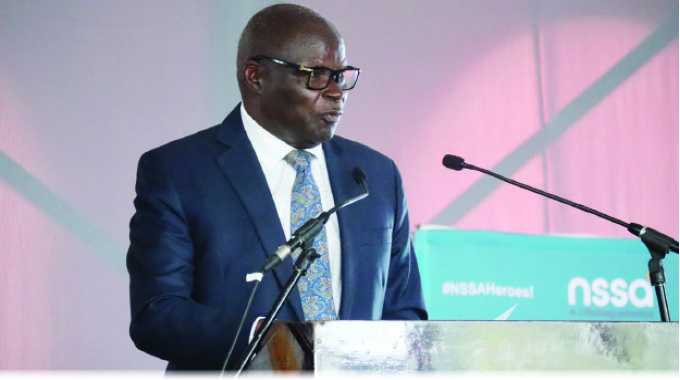Byo calls for Politburo to confer hero status on Moyo

Nduduzo Tshuma Senior Political Reporter—
PROMINENT Bulawayo businessman Tafi Ziyabuya Moyo, who died on Monday, mentored some of the country’s political luminaries like the late Vice-President Dr Joshua Nkomo, a record of service that has seen the Zanu-PF Politburo being requested to declare him a national hero. Moyo died at the age of 108 at Mater Dei Hospital where he had been admitted for the last two weeks due to complications associated with old age.
Moyo, who hailed from Donkwe-Donkwe area in Matobo District, died a few days after the death of national hero Cde Lloyd Kotsho Dube, who also came from the same area.
Senior Minister of State in the President’s Office, Cde Simon Khaya Moyo, yesterday said Moyo’s death had shocked everyone who was closely associated with him for many years.
“One can’t narrate the history of our liberation struggle without mentioning the capital letters uTata Moyo. He was one of the early founders of our liberation platform,” said Cde Khaya Moyo.
“His contribution to our freedom, right from the start to attainment of Independence was immense and immeasurable. He contributed in cash and kind towards the acceleration of the struggle against settlerism and colonialism.”
Cde Khaya Moyo said Moyo worked closely with the late Dr Nkomo and President Mugabe and other nationalists.
“He was a fountain of wisdom, benevolent, fatherly, courageous, and principled, an elder of great humility and a man of purpose. He was indeed a colossus,” he said.
“We’ll miss this giant. He has indeed left a legacy to be emulated by us and generations to come. I’m wishing his family strength and staying power. May his soul anchor and rest in eternal peace.”
Zanu-PF Central Committee member Dr Sikhanyiso Ndlovu yesterday said he had instructed Professor Callistus Ndlovu and Cde Saul Gwakuba Ndlovu to do a write up on Moyo’s profile that would be sent to the Politburo recommending that a national hero status be bestowed.
“Ubaba uTafi is really the father of nationalism in Zimbabwe. He supported nationalism before the political parties. He created consciousness to create African awareness and who we’re as Zimbabweans,” said Dr Ndlovu.
He said Moyo’s thinking paralleled that of the likes of Kwame Nkrumah in the early 1950s.
“Even Dr Joshua Nkomo was mentored by people like Tafi Moyo. He supported the ANC from its formation in 1957, then the NDP and later Zapu. He was one of the first black businesspeople in Zimbabwe who introduced the chicken bus,” said Dr Ndlovu.
He said Moyo’s name was synonymous with development adding that his heroism was unquestionable.
Dr Ndlovu said Moyo supported Dr Nkomo and fellow nationalists who were detained by the colonial regime during the war of liberation.
Bulawayo Mayor Martin Moyo said the city council had learnt with great sadness about Moyo’s death.
He described him as a pioneer businessman who contributed to the improvement of community life and development of sport in the city.
“He was also in the forefront in the struggle for independence in Zimbabwe. Council on July 15, 1987, resolved to record the names of Baba T Z Moyo in the Civic Honours Book which contains a citation referring to his many years of service to the city of Bulawayo,” the mayor said in a statement.
He said Moyo did a few jobs in and around Bulawayo in 1918 before moving to the then Salisbury, now Harare, where he worked as a cook at a hotel.
“He subsequently proceeded to Darwendale Mine in Sinoia (now Chinhoyi) where he worked in the house of a mine owner. He obtained a driver’s licence in 1921 in Salisbury and thereafter found a job with a brick making company. He left the country for South Africa where he worked for 10 years before returning home in 1931,” added the mayor.
He said when Moyo returned from South Africa, he started his primary education at Thekwani Mission School in Bulilima and went as far as Standard 4.
“Thereafter he started a hawking business in Bulawayo, buying and reselling first chickens and later pigs and goats. He proved to be a shrewd businessman, with an aptitude to viable investments,” the mayor added.
“He later expanded his business to include a fleet of long distance buses, a bottle store and a number of general dealer stores which he established in and around Bulawayo.”
Moyo, even as a successful businessman, did not allow his status to isolate him from less privileged members of society.
“His business acumen brought all the best in his philanthropic nature, where he also nurtured and promoted a number of early emergent black businessmen, providing them with funds and advice,” said the mayor.
He said Moyo had a passion for sport and education, financing a number of students and donating furniture to schools in his home area.
The mayor said Moyo was also a sponsor and administrator of the Bulawayo African Football Association (Bafa) and was associated with Highlanders Football Club, where he once served as president, since 1930.
“His political involvement extends as far back as the 1940s through the Industrial and Commercial Union, the All African Convention (AAC) to the ANC, NDP and Zapu,” he said.
“In his political career, he was amongst those daring Zimbabweans who transported groups of guerrillas with their arms to various parts of the region and provided them with clothing and other necessary items.”
The mayor said while Moyo preferred to serve his country as an ordinary citizen without holding any positions in political parties of the day, he was influential in the social and economic spheres.
“His discreet nature and humility coupled with his generosity contributed to immense political, economic and social development of Bulawayo and the nation,” he said.










Comments